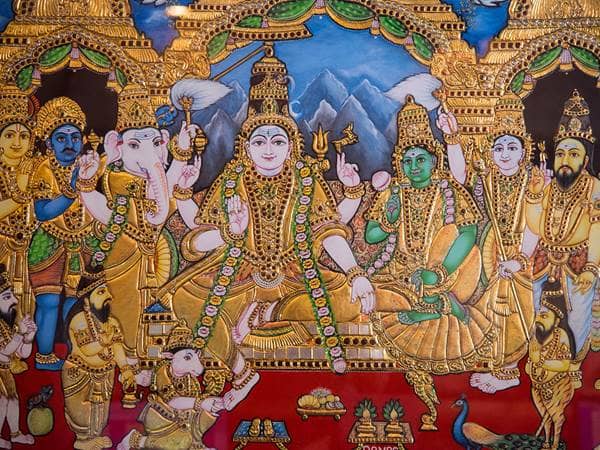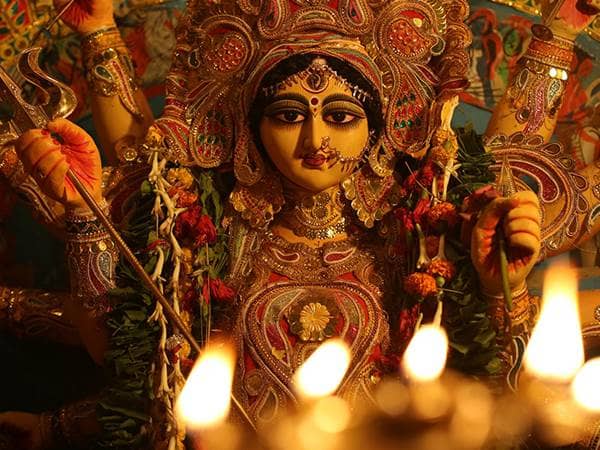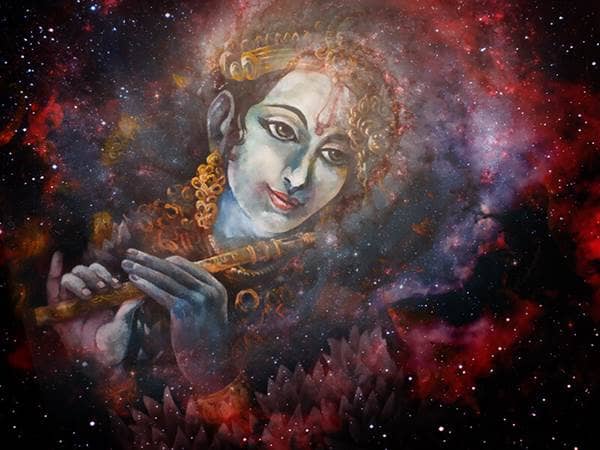
Whether in the sociology of religion or the geography of religion, it is common to see various faith traditions divided into one of two categories—“ethnic” religion or “universalizing” religion. Ethnic religions are those which are founded and prevalent in a specific part of the world. They are often popular among a specific ethnicity, and commonly encompass certain cultural practices, rites, foods, clothing, music, languages, and even superstitions.
Ethnic religions often don’t translate well into other cultures and sometimes reject the proselytization of converts into their faith tradition. So, for example, the Japanize religion of Shinto would be an ethnic religion. Scholars often equate it with “Japanese patriotism” and, thus, it makes little sense to those outside of Japan, and is only found in small pockets outside of the Japanize islands. However, it is the most prevalent and ancient religion in Japan—evidencing that it is an “ethnic” religion.
In contrast, universalizing religions are those that translate well from culture to culture and nation to nation. They typically have a diverse membership made up of individuals from various ethnic backgrounds, they’re often engaged in global proselytization, and they frequently exhibit a comfort with adopting much of the culture of a given nation or people where they find a foothold (because culture, language, ethnic foods, and even music styles are not usually crucial to the practice of a universalizing faith).
Christianity is a good example of a universalizing religion. It is found in nearly every nation, and yet it can look quite different from one country to another or even one religion to another. It has traditionally done a great deal of proselytizing, and it has expanded well beyond the land of its origins.
With that as context, and for a variety of reasons, one would most likely have to consider Hinduism primarily an ethnic religion. It certainly exists outside of India (the country most often associated with its origins). Indeed, it has a foothold in every major nation, and many minor ones as well. However, India has the largest number of Hindus of any country; and Nepal (on the boarder of India) has the largest percentage of its citizens who practice Hinduism. Thus, the faith’s ethnic connections are obvious; and not just in its prevalence in South Asia, but also in much of Hinduism’s cultural practices, rites, foods, clothing, music, and even languages. Regardless of where in the world it is found, it “feels” very “Indian.”
So, while Hinduism is an international religion, it has never really successfully made a transition from an Indian religion to a western phenomenon. As a practice, it is so wrapped up in the cultural beliefs and lifestyle of India, that many (in Western cultures and nations) struggle to find it meaningful—as a religion or even as a cultural phenomenon.
An even more important reason why Hinduism is understood as an ethnic religion (rather than a universalizing one) is its doctrine of karma. While various Hindus will have their own opinions on this, officially speaking, Hinduism holds that one is born where one belongs—in the specific family, caste, country, and religion that he or she deserves (and needs) to be in, based on accrued karma from a previous existence. Thus, if one had a “right” to be Hindu, one would have been reincarnated as a Hindu. And, doctrinally speaking, Hinduism typically rejects the idea that people should be proselytized into Hinduism from, say, Christianity (or any other religious tradition). To seek converts is essentially to deny karma and one’s divinely determined dharma or life-path. Thus, Hinduism holds that it (as a religion) isn’t for everyone—but only for those who “earned” the right to be born Hindu, based on how they lived their previous lives.
While the vast majority of Hindus are Indian, or of Indian descent (clearly suggesting that it is more ethnic than universalizing), Hinduism’s rejection of proselytizing, its strong attachment to East Indian culture and spirituality, and even its struggle to be understood by those from Western cultures each suggest that Hinduism will never be a universalizing tradition. Indeed, in many ways, Hinduism fights against the core elements of universalizing faiths—believing that it has a divine dictate to be a specifically ethnic tradition, one into which Brahman (the Ultimate) can reincarnate those who have lived lives qualifying them to inherit a Hindu existence.
5/21/2024 7:11:03 PM















